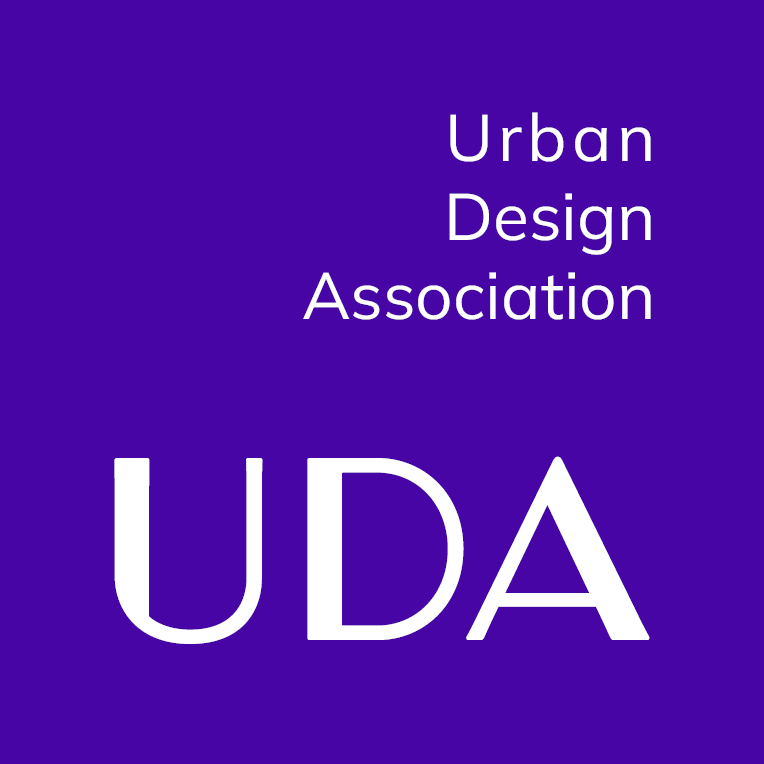What is
urban design?
Urban design is the process of designing and shaping cities, towns, suburbs, streets and public spaces.
Urban design often occurs at a larger scale than architecture, considering the combined outcomes of buildings, streets and landscapes at a range of scales from individual sites, to cities and regions.
Urban designers, practising in design, strategic planning, policy and leadership roles, help design and establish frameworks that deliver better built environments at all scales and over the long term.
What do urban designers do?
Urban designers:
Combine urban design skills with an understanding of how cities grow and change, and the importance of the public realm to people, society and the environment.
Understand the unique characteristics of sites and contexts, synthesise place analysis and spatial data with graphical representations to inform the design and layout of urban places.
Lead the design and layout of public spaces, streets, parks, division of land, infrastructure and buildings considered holistically at multiple scales and over long time frames.
Prepare documentation including maps, scale drawings, perspectives and text to co-ordinate, direct and communicate changes to urban places and networks.
Create or contribute to built environment policy, governance, regulations and guidelines with expertise in urban systems, urbanism and urban morphology.
Contribute strategic design to the long-term vision and planning of cities, regions and transport networks.
Practice respectful engagement and collaboration with stakeholders and communities, including First Nations peoples, and advocate for the health and wellbeing of Country.
Lead, integrate and collaborate in multi-disciplinary teams, including negotiating with stakeholders.
Spatially test and inform the feasibility of projects with knowledge of statutory planning and property economics.
Participate in formal design review, legal proceedings as an expert witness, or advise governments about the likely impacts of proposals.
